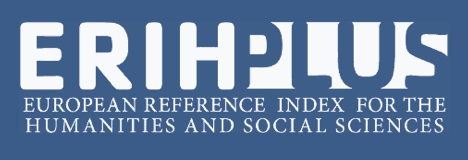Knowledge Management and Motivation Management: Important Constituents of Firm Performance
Abstract
In the current research stream, empirical work regarding knowledge and motivation management along their dimensions is sparse. This study partially filled this void by investigating the influence of knowledge management (tacit and explicit) and motivation management (intrinsic and extrinsic) on firm performance with the mediating effects of innovative performance. Based on the quantitative research method, data were collected through questionnaires using the convenience sampling method from 284 employees working in 18 different firms across the citrus industry located in the Sargodha region (Pakistan). The proposed relationships were tested through regression analysis, while mediation relations were analyzed through Hayes’ PROCESS Model 4 technique. The results suggested that knowledge and motivation management have a significant positive impact on innovative performance. In addition, the role of innovative performance as a mediator is affirmed in both cases. From a managerial and theoretical perspective, the study’s findings are vital as some of the important constituents of firm performance have been highlighted. For academicians, the unique (mediating) position of innovative performance along with dimensions of motivation and knowledge management, are highlighted. Furthermore, for managers, it is suggested that adoption of Knowledge Management and Motivation Management systems have a greater impact on employees’ innovative performance, subsequently improving firm performance.

This work is licensed under a Creative Commons Attribution-NonCommercial 4.0 International License.













.jpg)








